How To Stop Worrying When All You Can Think Is “What If?”

Share this story.

Cliffhanger

“Help!” cries the woman in distress, as her protagonist boyfriend uses all of his might to keep her from falling off the edge of the cliff. This is a scene we have seen played time and time again across movie screens.
As audience members, we bite our nails in anticipation, worrying over whether he will be able to save her before she falls to her untimely death. Though we may never personally endure a situation like this, many can feel the same level of anxiety and worry that our hero faces, especially when we look towards the future and seem to have no plan.
…But What If?!
The unknowns of one’s future can be daunting and leads to the inevitable participation of the “What If?” game.
We ask ourselves: What if I lose my job? What if I get in an accident? What if I get sick? What if I am rejected? What if no one likes me? What if I embarrass myself? What if I flunk the test? Many of us play this game, and we do so to help us feel more in control. By looking for the pitfalls of our plans, we try to make ourselves feel like we are more prepared for any situation.
Unfortunately, the “What If?” game ultimately does less to reassure ourselves, but instead leads to more fear and anxiety. One may plan for what we think are all the possibilities, but in the end, the outcome we so desired does not come to fruition. We have wasted all this time stressed over the uncontrollable. We become the woman in distress, dangling over that cliff, still unsure of whether or not she will be saved.
Solid Ground
One way to battle the “What If?” game is to answer your own question! If you are going to ask “what if X”, you can also think through the “… then Y!” If you are asking yourself the question, “What if my child gets sick?” in response, you could say, “Then I will take them to the doctor and help them get better.” The hypothetical problem you conjured in your head has been solved. It is through the use of the “Then” statement that you can take control. This ends the fear, taking you from dangling cliffside onto solid ground.
Focusing on the “What is” can also be helpful. Instead of focusing on what may happen, you can focus on “What is” currently happening — being aware of the now. Instead of worrying over “What if my child gets sick,” instead think “Right now, my child is healthy” or “I know that I have health insurance and can take my child to the doctor.” These types of statements can help refocus your thoughts from concerns to reassurances.
 Bridge
Bridge
We can only make decisions based on the information we know. We first need to identify a real problem, then decide a plan, and follow through. If we are only speculating what the problem may be in the future, we may make unnecessary plans. These superfluous plans may become a waste of energy, time, and money that can be better utilized.
Imagine this.
A man decides to go on a long journey. As he walks, he begins worrying: “What if I come upon a large river with no way to cross? What if I need to build a bridge to get over it?” This worry weighs on him, so he begins to plan. As each mile passes underfoot, he concocts a design for his bridge — he envisions the materials he needs and how he will place it all together. As the sun rises higher with each step, he continually frets over each minute detail. The anxiety over his goal begins to impact him physically — his sleep suffers, his appetite decreases, and his heart palpitates. The weight of his eventual dilemma hovers over him, causing endless stress and conflict. He finally reaches the body of water he distressed over to find that it is a mere creek; he is able to use a simple piece of wood to cross it. Though a sense of relief washes over him, it is shadowed with sadness. He realizes that by focusing all his energy on the what ifs, he missed the sights along his journey. The man didn’t get to experience the joys of now because he was ever worried about the future.
Our example shows how a gratuitous plan can be costly towards one’s time and energy. We all worry about the future and hope that by making plans, we feel in control and proactive. But to worry, without any factual basis, can lead to feeling unwell, anxious, and fearful. So instead, let’s focus on the here and now, the facts we have, and what is within our control.
If you are struggling with worrying and anxiety, and are seeking help, learn more about our services and contact us to make an appointment.

